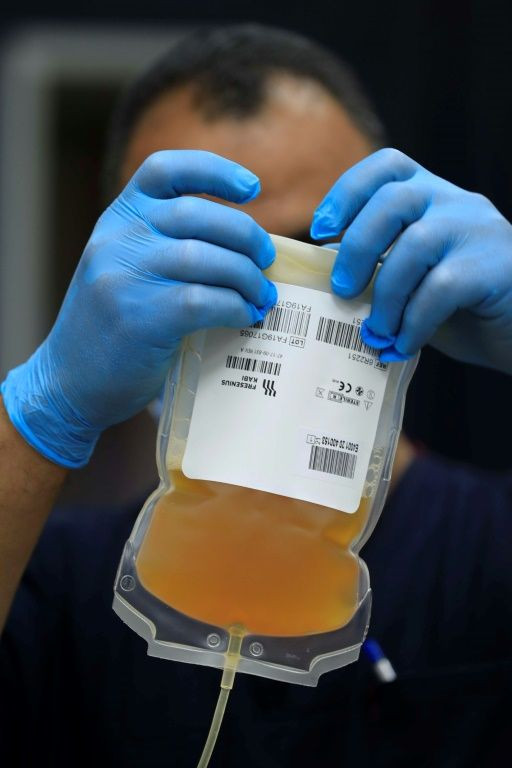Can Convalescent Plasma Help Children with COVID-19?

So far, no therapies have proven to be safe and effective for children who develop life-threatening complications from COVID-19. That might be changing.
Researchers at the Children’s Hospital of Philadelphia (CHOP) published findings last week that suggest convalescent plasma could work as a treatment for pediatric patients with severe cases of the coronavirus.
People who have recovered from COVID-19 can give their plasma through a blood donation. This is called convalescent plasma. It is then given to patients who currently have the virus in an attempt to stimulate the body into producing an antibody response - which should fight off the infection. The treatment is effective in some adults, but its effects had not been studied in children until now.
The study was quite small, involving only 4 children, aged 14 to 18 years, who developed acute respiratory distress syndrome after testing positive for COVID-19. Researchers measured donor antibody levels and recipient antibody response before and after they gave the convalescent plasma to the children. This helped them determine whether there were any bad effects in the patients.
Three of the patients initially had low antibody levels. After plasma transfusion, they all had a boost in some antibodies against the coronavirus. One patient of the 3 has been discharged, while the other 2 patients have improved but are still hospitalized.
Unfortunately, 1 patient died of cardiac complications 25 days after the plasma infusion.
“While the small sample size of our study does not allow us to draw any definitive conclusions, we believe this method is safe,” said David T. Teachey, MD, said in a press release issued by the hospital. Dr. Teachey is the study’s senior author and an attending physician at CHOP. “Future research should include randomized controlled trials to more definitively examine how effective convalescent plasma may be in treating children infected with COVID-19.”
Published by Medicaldaily.com



























